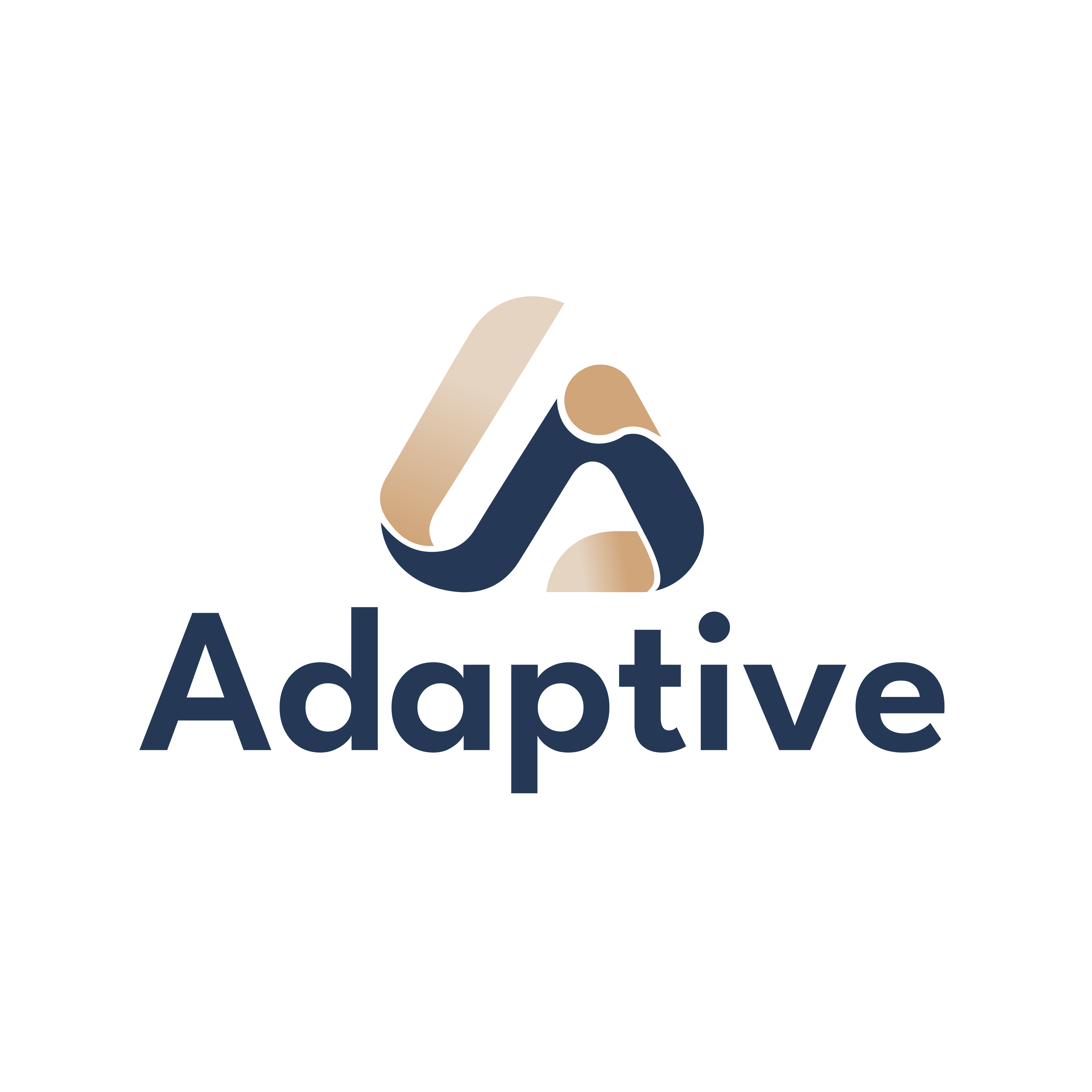SDK Setup
Privacy configuration examples use the OpenAI SDK with Adaptive overrides:Data Processing Architecture
Adaptive processes data across three services with different data handling characteristics:Adaptive Backend
Go API Server
Routes requests with zero content storage
Routes requests with zero content storage
Adaptive Frontend
Next.js Web App
Stores conversations for chat users only
Stores conversations for chat users only
Adaptive AI
ML Service
In-memory classification with temporary caching
In-memory classification with temporary caching
What Data We Store
Backend Service (Zero Content Storage)
What We Store
Metadata Only
- Request timestamps and token counts
- Provider and model selections
- API usage statistics for billing
- Response success/error status
- Performance metrics (latency, throughput)
What We Never Store
No Content Storage
- Actual prompt text or response content
- Conversation messages or chat history
- Personal information from requests
- API request payloads or responses
Frontend Service (Chat Platform Only)
- Chat Platform Users
- API-Only Users
Conversation Storage
- Chat messages and conversation history stored in PostgreSQL
- User controls: delete individual messages or entire conversations
- Soft deletion: 30-day recovery period before permanent deletion
- Isolated per user - no cross-user data sharing
- Delete conversations anytime through the web interface
- Permanently delete with confirmation
- Export conversation history in JSON format
AI Service (Temporary Processing)
In-Memory Processing
Classification Only
- Prompts analyzed for task type and complexity
- Results cached temporarily (default: 1 hour)
- No persistent storage of prompt content
- LRU cache with automatic eviction
Embedding Cache
Similarity Matching
- Stores embeddings of classification results (not raw text)
- Used for performance optimization
- Configurable cache size (default: 1000 entries)
- Thread-safe with automatic cleanup
Caching and Performance Storage
Semantic Caching (Optional)
How Semantic Caching Works
How Semantic Caching Works
When Enabled:
- Stores mathematical embeddings of prompt characteristics (not actual text)
- Uses Redis for distributed caching across instances
- Similarity threshold: 95% by default (configurable)
- Automatic expiration based on TTL settings
Data Flow and Security
Request Processing Flow
1
Request Received
Backend receives API request, extracts metadata (tokens, model, timestamp) only
2
AI Classification
AI service analyzes prompt complexity in-memory only - no storage of content
3
Provider Routing
Request forwarded to selected provider - Adaptive acts as secure proxy
4
Response Delivery
Response passed through without storage - only metadata logged
Logging Practices
What Gets Logged
Safe Metadata
- Request/response token counts
- Provider selection and routing decisions
- Performance metrics (latency, success rate)
- Error codes and status information
- API key prefixes (not full keys)
Content Protection
Redacted Logging
- Sensitive content automatically redacted from logs
- Only message count and length logged, never content
- API keys masked in all log outputs
- Personal identifiers removed from analytics
Security Measures
1
Encryption at Rest
All stored data encrypted with AES-256 encryption in PostgreSQL and Redis
2
Encryption in Transit
TLS 1.3 for all communications between services and external providers
3
API Key Security
Keys are hashed and salted - only prefixes stored for identification
4
Access Controls
Role-based access with user isolation - no cross-user data access
User Data Controls
Conversation Management
Delete Messages
Individual Control
- Delete specific messages from conversations
- Soft delete with 30-day recovery period
- Permanent deletion option available
Delete Conversations
Bulk Management
- Delete entire conversation threads
- Bulk deletion tools for multiple conversations
- Automatic cleanup after user-defined periods
Account Deletion
Complete Removal
- All user data permanently deleted
- API keys immediately revoked
- Process completed within 24 hours
API Key Management
- Key Security
- Usage Monitoring
Secure Generation
- Cryptographically secure key generation
- Only prefix identification stored (e.g., “ak_123…”)
- Full keys shown once during creation only
- Immediate revocation available
- Set expiration dates for automatic revocation
- Monitor usage and set rate limits
- Track last used timestamp
- Bulk key management tools
Provider Data Handling
Underlying Provider Policies
When using Adaptive, your requests are forwarded to AI providers. Each provider has independent data policies that apply to your requests.
Zero Retention Providers
Providers with Zero Data Retention:
- Groq: Zero retention policy
- Fireworks: No data storage
- Together AI: Zero retention
- Several others (check provider documentation)
Standard Providers
Providers with Limited Retention:
- OpenAI: 30 days for safety monitoring
- Anthropic: 30 days for safety purposes
- Google AI: Limited retention for safety
- Most retain for safety/abuse prevention only
Provider Selection for Privacy
Compliance and Transparency
Current Compliance Status
Data Minimization
By Design
- Only essential data collected
- Automatic data expiration
- User-controlled data retention
- Zero content storage by default
User Rights
Full Control
- Access to all stored data
- Deletion rights exercised immediately
- Data portability through exports
- Consent-based data processing
Transparency
Open Policies
- Clear retention policies documented
- Provider policy transparency
- Usage metadata accessible to users
- Regular policy updates communicated
Data Processing Legal Basis
- API Usage
- Chat Platform
Contractual Necessity
- Processing required to provide API routing services
- Usage metadata needed for billing and service delivery
- Performance monitoring for service quality
- No consent required - processing is contractually necessary
Implementation Details
Database Schema Privacy Features
Based on actual Prisma schema:Cache Implementation Details
Data Deletion and User Rights
Self-Service Data Management
1
Conversation Deletion
Users can delete conversations through the web interface - implements soft deletion with 30-day recovery
2
Message Deletion
Individual messages can be deleted with immediate effect in the user interface
3
API Key Revocation
API keys can be revoked immediately, stopping all associated data collection
4
Account Closure
Complete account deletion removes all associated data within 24 hours
Data Export
Available Exports
Current Features:
- Usage statistics and analytics data
- API key usage history and metrics
- Account and billing information
- Organization and project data
Export Format
Technical Details:
- JSON format for structured data
- CSV available for usage analytics
- Real-time export generation
- No third-party processing required
Best Practices for Privacy
API Users
Maximum Privacy
Recommendations:
- Use API-only integration (no web chat)
- Implement client-side data filtering
- Choose zero-retention providers when possible
- Rotate API keys regularly
Monitoring
Security Practices:
- Monitor API key usage patterns
- Review provider selection policies
- Check usage statistics regularly
- Set up billing alerts for unusual activity
Chat Platform Users
Conversation Management
Privacy Controls:
- Regularly review and delete old conversations
- Use temporary conversations for sensitive topics
- Monitor conversation storage in dashboard
- Set personal data retention policies
Account Security
Security Measures:
- Enable two-factor authentication
- Review login activity regularly
- Use strong, unique passwords
- Monitor account access patterns
Contact and Support
Data Privacy Questions
General Inquiries
Support Team
- Email: [email protected]
- Response time: Within 24 hours
- Available for privacy policy questions
Privacy Requests
Data Requests
- Email: [email protected]
- Data export, deletion, or access requests
- Response time: Within 30 days per GDPR
Emergency Contact
For security incidents or data breaches:- Email: [email protected]
- Response: Within 4 hours
- Escalation: Immediate notification to affected users
















